Welcome to our lab at Bilkent University – National Nanotechnology Research Center
We are an experimental physics laboratory to understand the fundamentals of solid-state phenomena at low dimensional and strongly correlated materials.
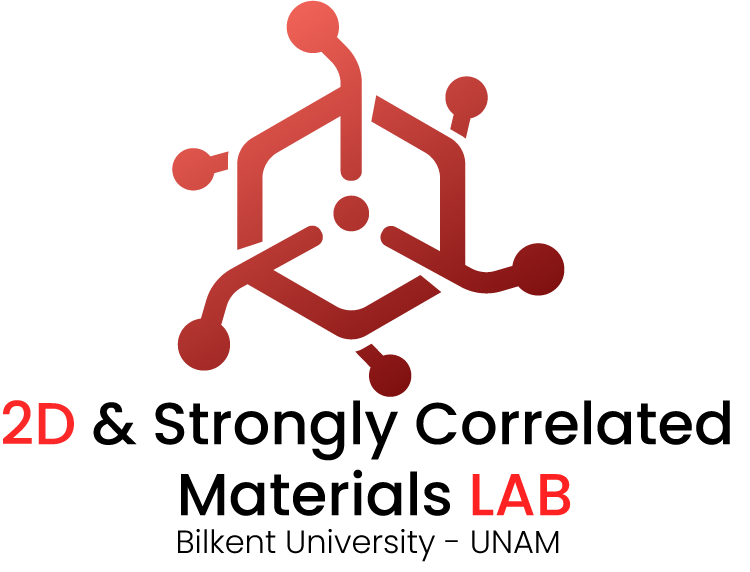
We are an experimental physics laboratory to understand the fundamentals of solid-state phenomena at low dimensional and strongly correlated materials.
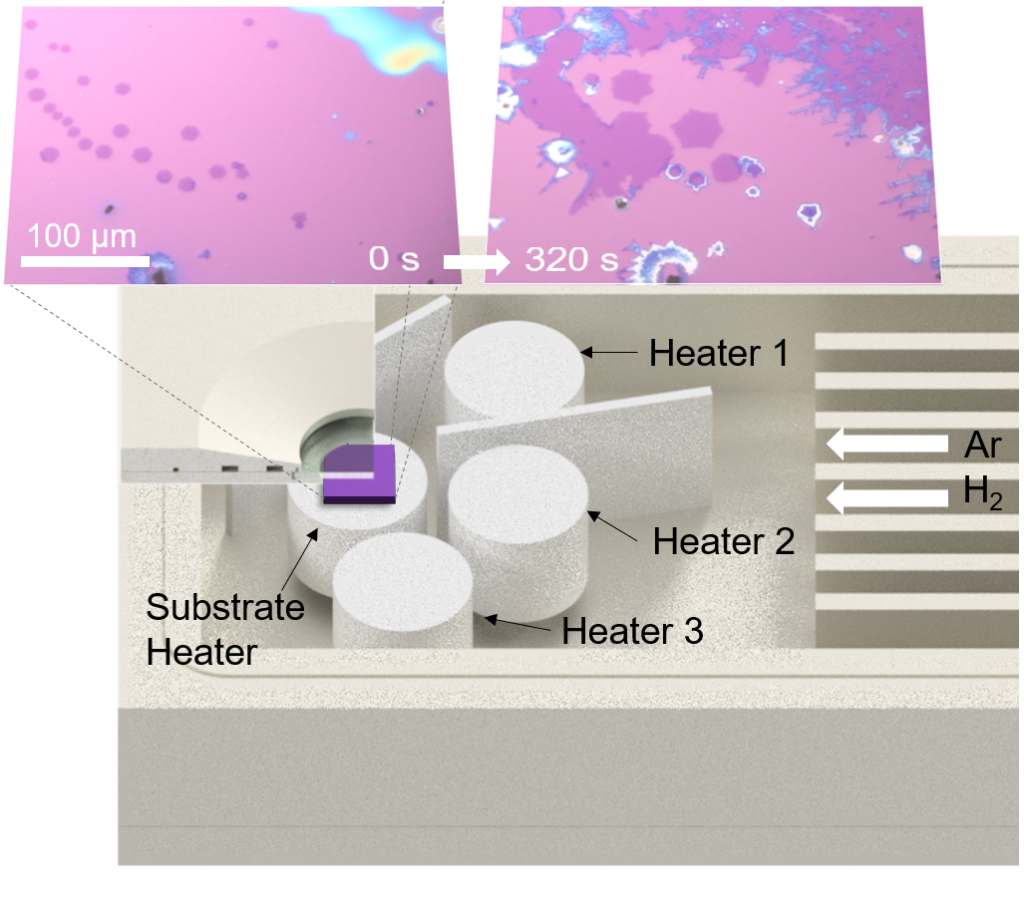
We use chemical vapor deposition (CVD) to synthesize unique low dimensional materials. Recently we developed a CVD chamber which allows real time observation (RTO-CVD) of the CVD process optically. The recipes we develop in RTO-CVD is then transferred to conventional CVD for a reliable growth process.
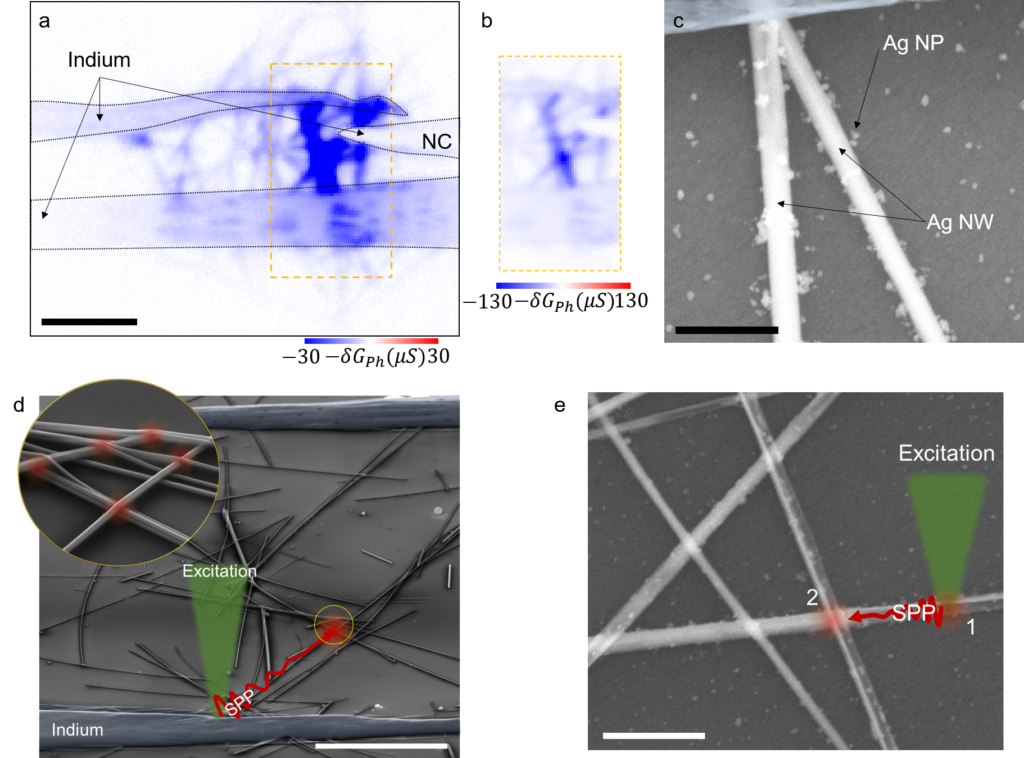
Electrical response to the optical excitation is a fundamental process which is essential for modern optoelectronics and energy harvesting. Although we have a solid understanding of the optoelectronic mechanisms, the strenght of these mechanisms can be strongly modified by the dimensionality of the samples. We focus on network of 0D materials, 1D and 2D materials to develop a fundamental understanding of the low dimensional optoelectronics.
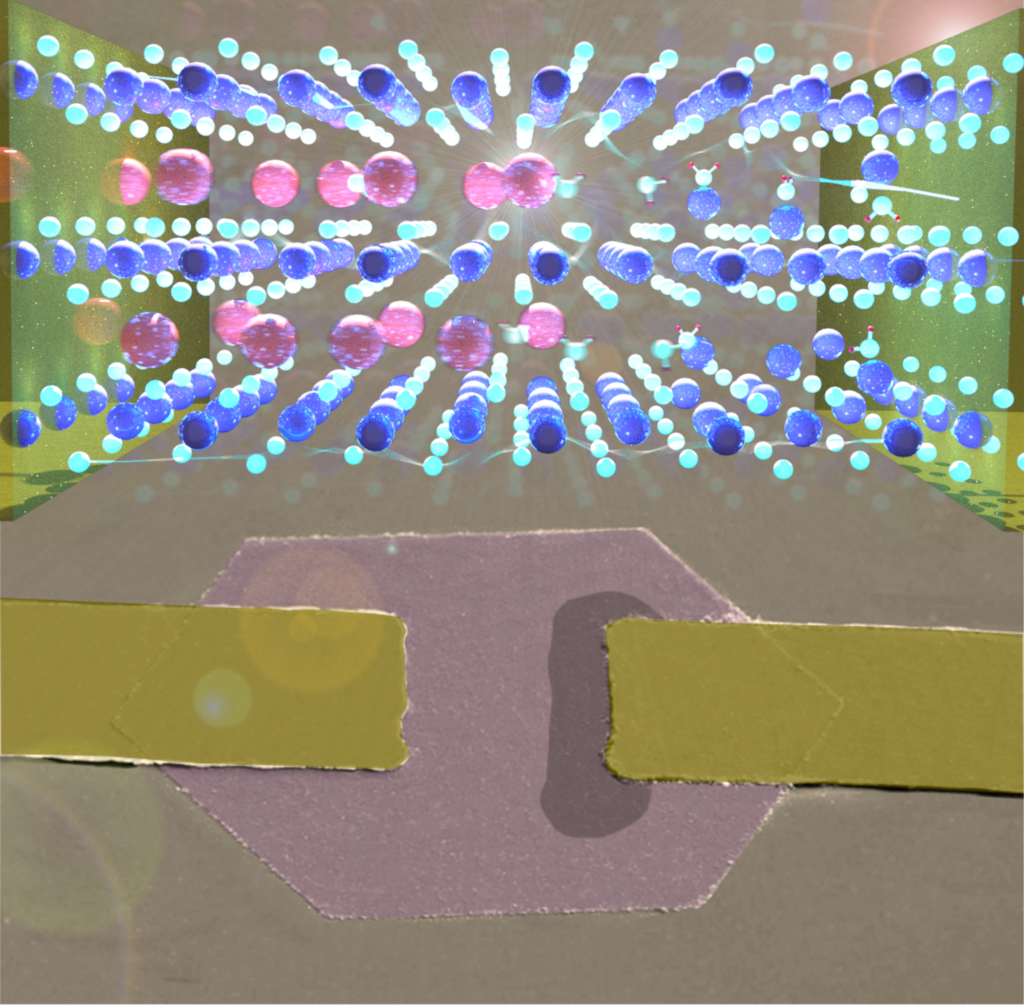
Guest ions in a material have tremendous thechnological importance. However, repeated insertion and excertion of the guest ion to the crystal structure degrades the properties of the host material. Intrinsic ionic materials can provide an alternative. We investigate the phase transitons induced by the ionic motion within the crystal in novel materials we synthesize using RTO-CVD mentioned above.
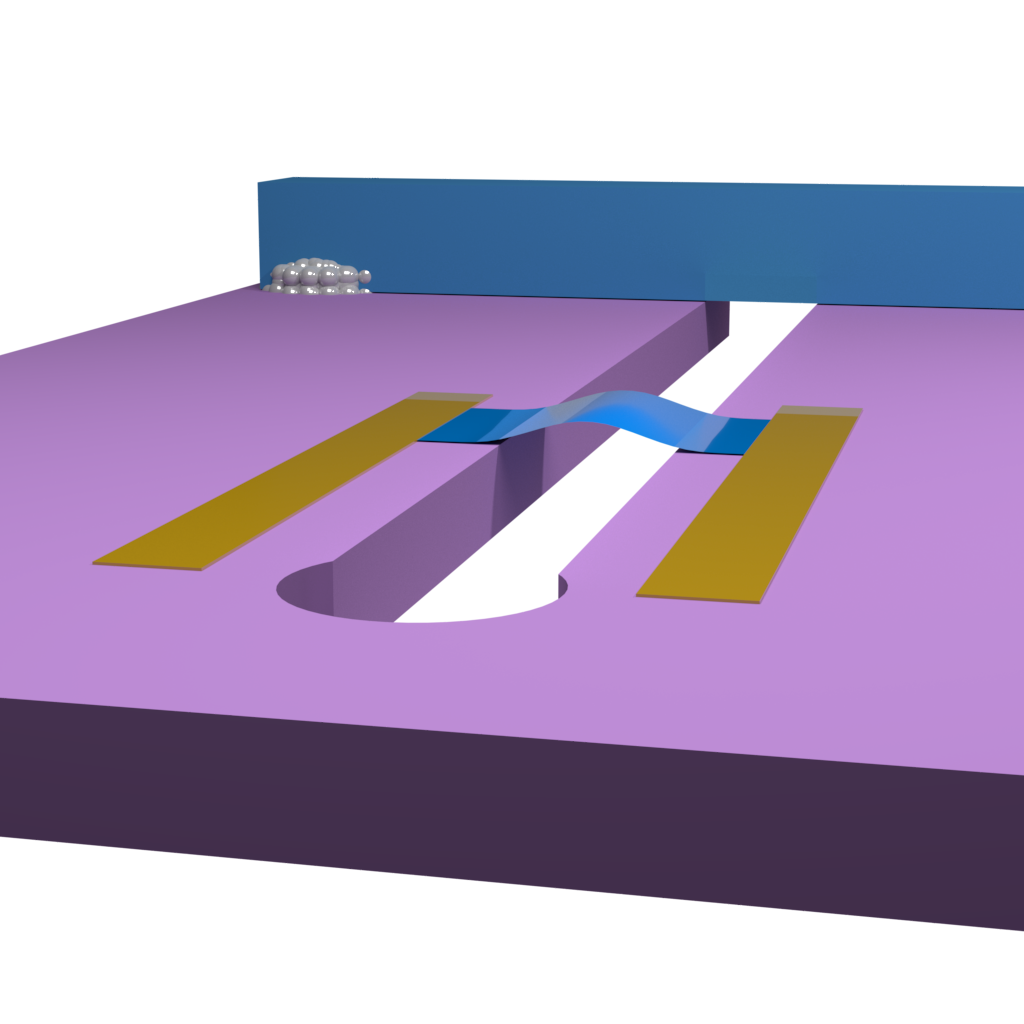
The effect of mechanical strain on various material properties is an essential part of their applications. Especially for low dimensional materials, even “resting” on a surface of substrate can induce strain related effects. We perform custom experimental approaches to study the intrinsic response of materials to strain and substrate effects.
Institutions funding our research efforts…
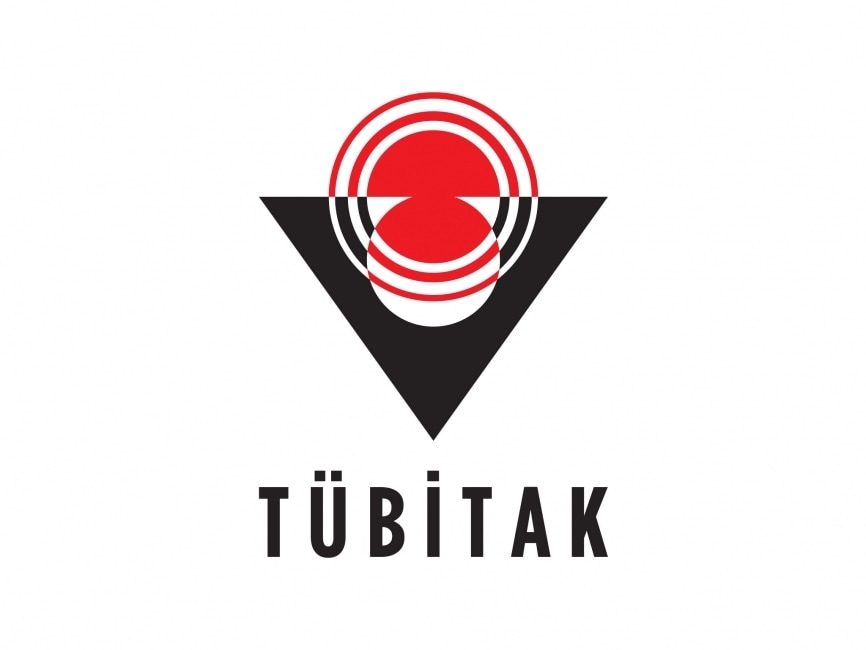
Türkiye Scientific and Technological Research Council
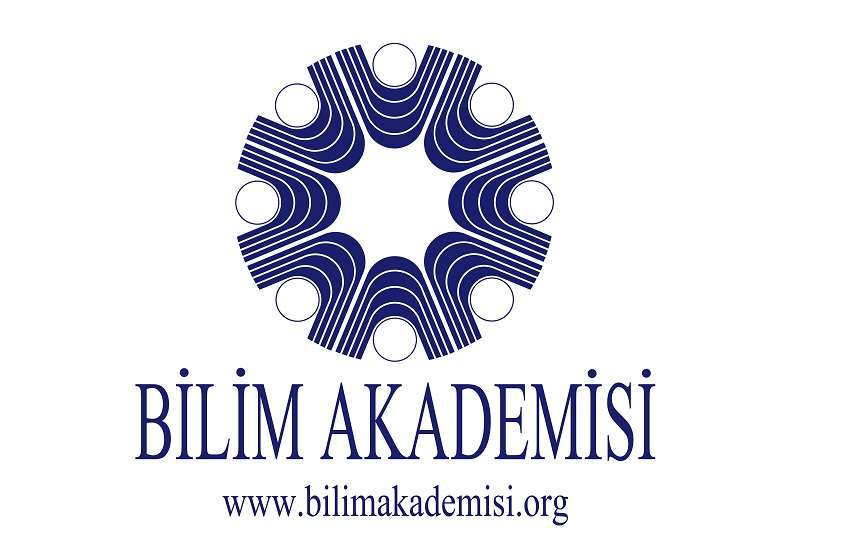
Academy of Science
Young Scientist Award – 2021
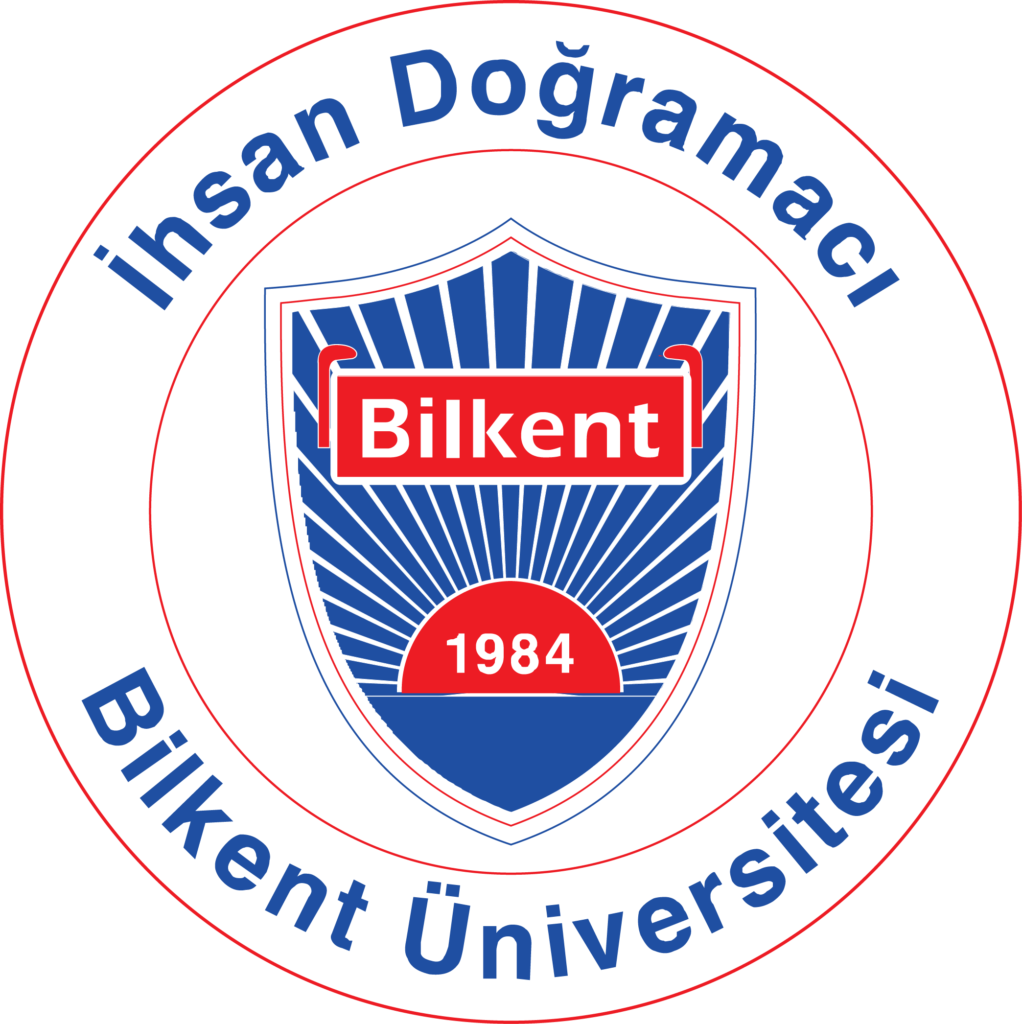
İ.D. Bilkent University
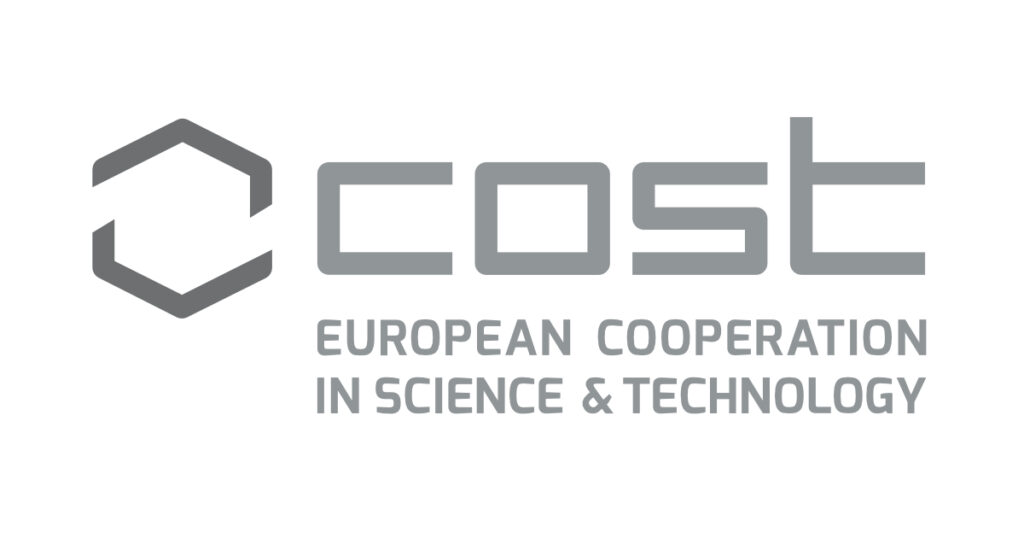
COST
Support through COST actions